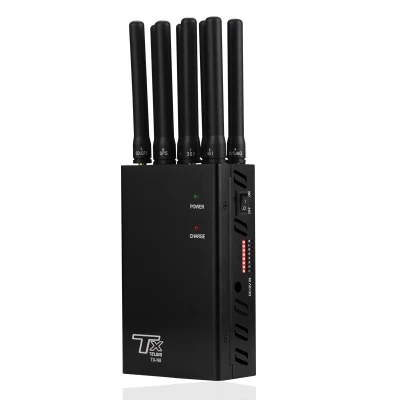Let's look at the security risks posed by cell phones. Cell phones can be used by prisoners to plan criminal activities inside and outside the prison, including drug trafficking, organizing prison breaks, and even intimidating witnesses. Unmonitored communications with the outside world can greatly undermine prison security protocols. As a result, most prison systems around the world have strict regulations on prisoners' possession of cell phones. However, despite these strict regulations and measures, cell phones are often brought into prisons.
How do cell phones get into prisons? There are all kinds of "smart" games involved. From visitors to corrupt staff and even drones, cell phones are all channels for entering prisons. Advances in modern technology have made smuggling technology increasingly sophisticated, which has posed a long-term challenge to prison authorities around the world. Although prisons conduct regular searches and use technology such as cell phone jammers and metal detectors, it is still very difficult to completely eliminate the presence of cell phones.

If prisoners are found with cell phones, they face severe penalties, ranging from loss of privileges to longer sentences. In some jurisdictions, simply owning a cell phone is considered a criminal offense for an inmate, leading to additional charges. Despite these harsh penalties, the demand for cell phones remains high among inmates. They want to communicate with loved ones, get information, and maintain some semblance of normalcy through their phones.
To prevent inmates from using cell phones, many prisons install cellular blockers. cellular blockers interfere with cell phone signals by emitting electromagnetic waves of a specific frequency, making it impossible for them to connect to the mobile network. Such devices can effectively block cell phone communications within a certain range, thereby limiting inmates' online activities. However, cellular blockers are not perfect, have limited coverage, and sometimes interfere with legitimate communication devices. In addition, inmates may use technical means such as VPNs to bypass the blockage and continue to use their phones.
In general, while the official position of most prison systems is to prohibit inmates from owning cell phones for security reasons, the reality is that these devices are still frequently found in prisons. How to ensure prison security while allowing controlled and monitored cell phone use to promote prisoner rehabilitation is a complex and important issue. As technology develops and the communication environment changes, this issue will continue to be a focus of debate and innovation in the correctional field.




